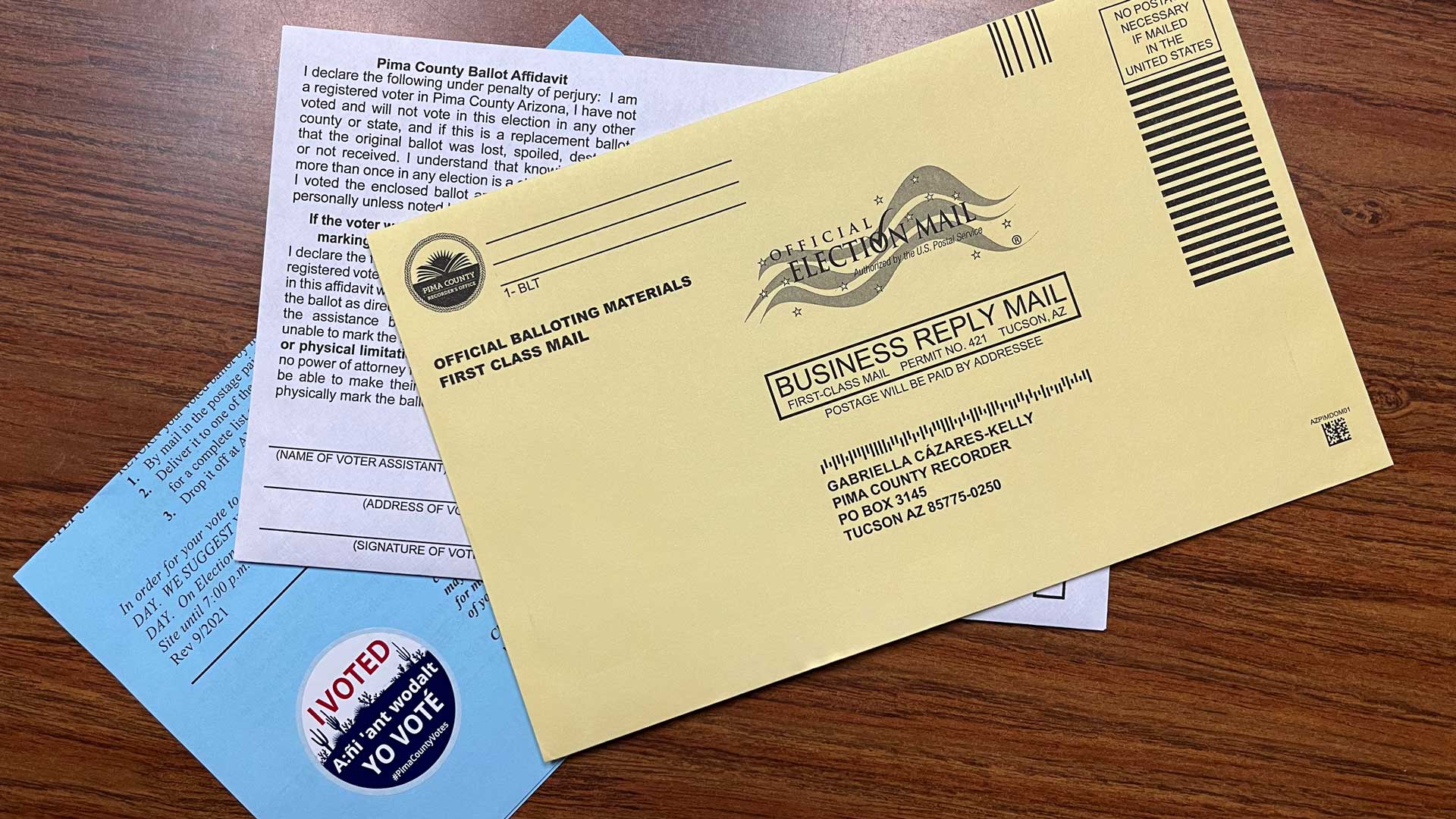
Arizona has the fourth largest population of eligible voters in the U.S., totaling about 1.3 million. The number has more than doubled since 2000, according to the University of California Los Angeles Latino Policy and Politics Institute (UCLA LPPI).
The non-partisan research institute, which promotes equitable policies, released a data brief on Latino-eligible voters in Arizona, utilizing an online tool that uses Census Survey data to inform decision-making in areas such as health, education, housing, and employment.
Juliana Phan, a research analyst with the UCLA LPPI, said that part of their work involves creating voter profiles to provide organizers and campaigns with the information needed to understand the Latino community.
“Numbers are just a way to supplement narrative and the narrative of what the Latino community is, can be very powerful and very inspiring, but when we look at the numbers it gives us a means to quantify that and better translate that and to translate that into policy,” Phan said.
The findings aim to highlight Latino voters in critical states for the 2024 general election.
In Arizona, the Latino-eligible-voter population makes up about 25% of the state’s electorate.
However, voter turnout for the population is historically lower than in other communities of color.
Phan explained that barriers such as voter suppression or the lack of accessible information contribute to the lack of motivation or means to cast an educated vote.
“We also know that campaigns aren’t reaching out to them as effectively or as often as they should,” Phan said.
In November, it is projected that 17 million Latinos will turn out to vote, a 6% increase from 2020 and a 40% increase from 2016.
Nearly half of the Latino voter demographic is bilingual.
Phan hopes this research can be used by politicians to tailor their campaigns to better suit the Latino community’s needs.
“To figure out what issues matter to Latinos,” Phan emphasized.

By submitting your comments, you hereby give AZPM the right to post your comments and potentially use them in any other form of media operated by this institution.